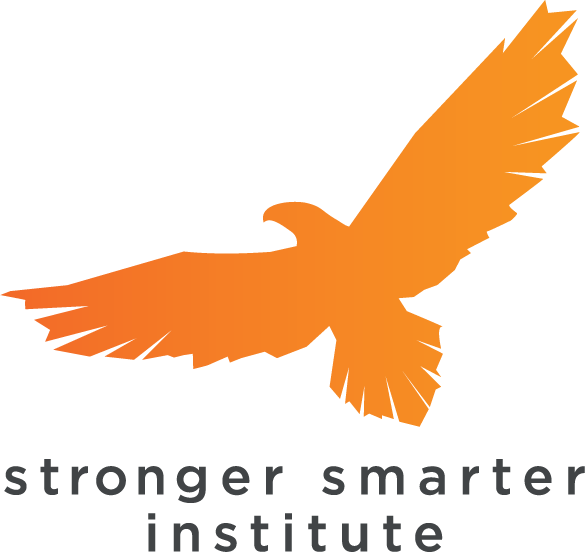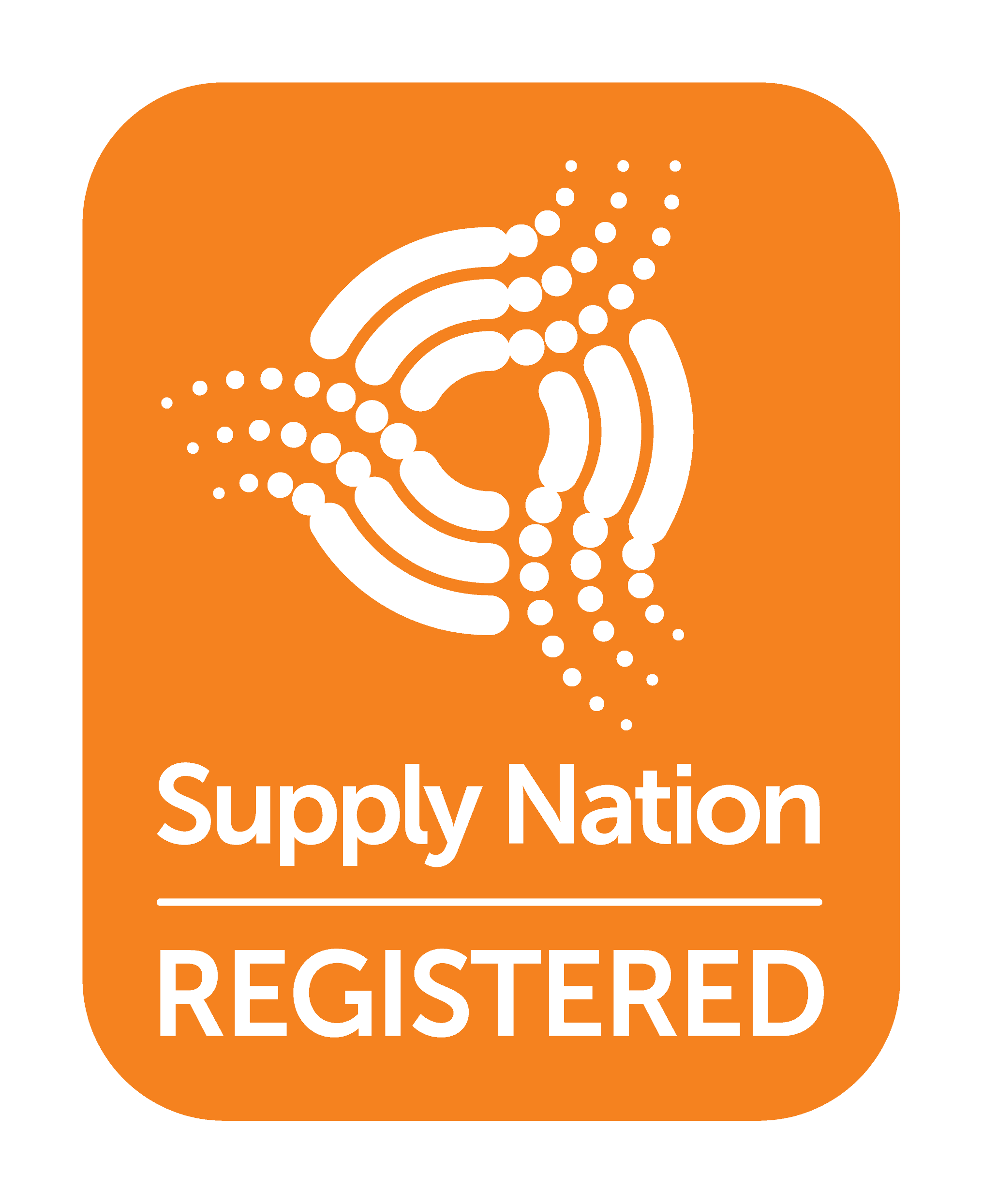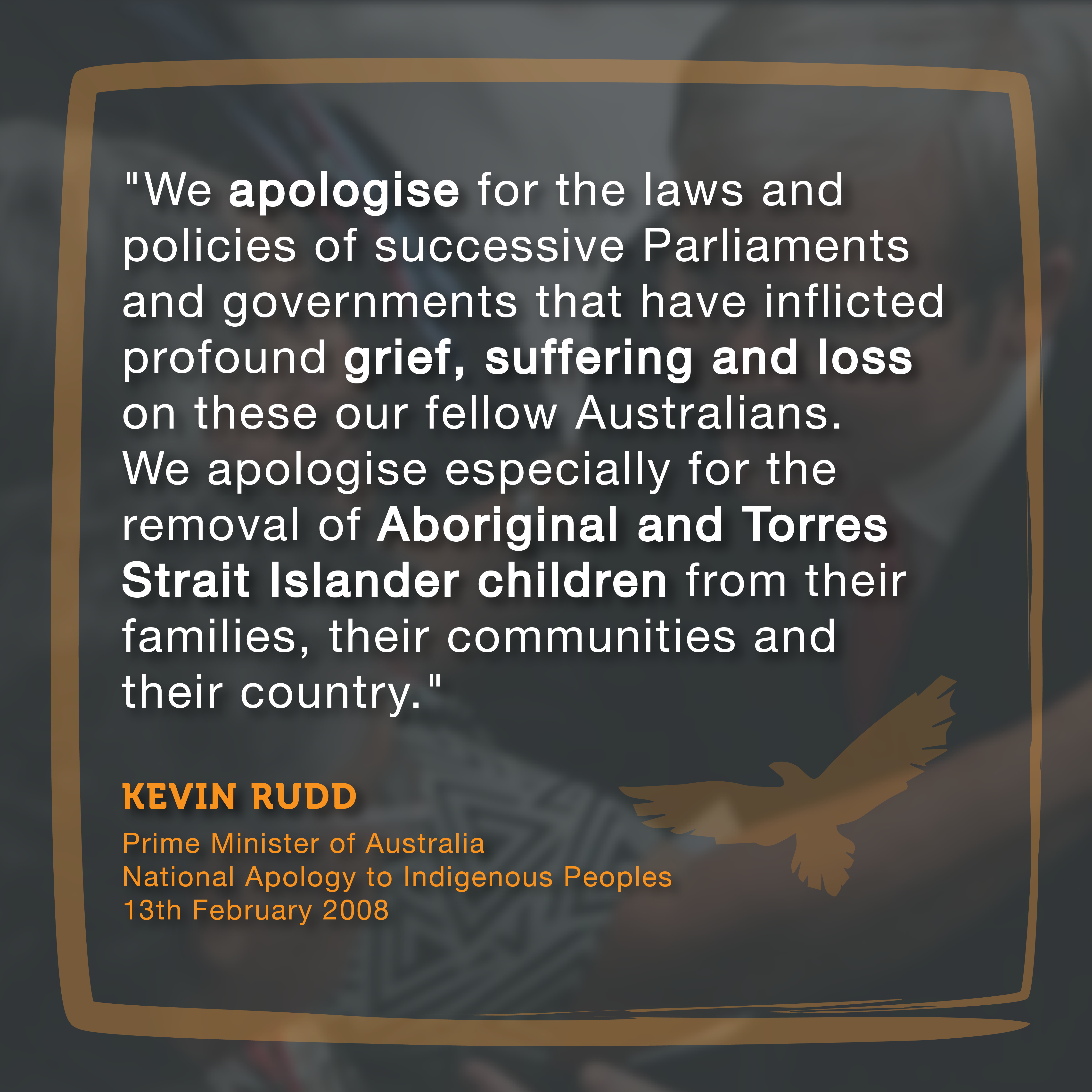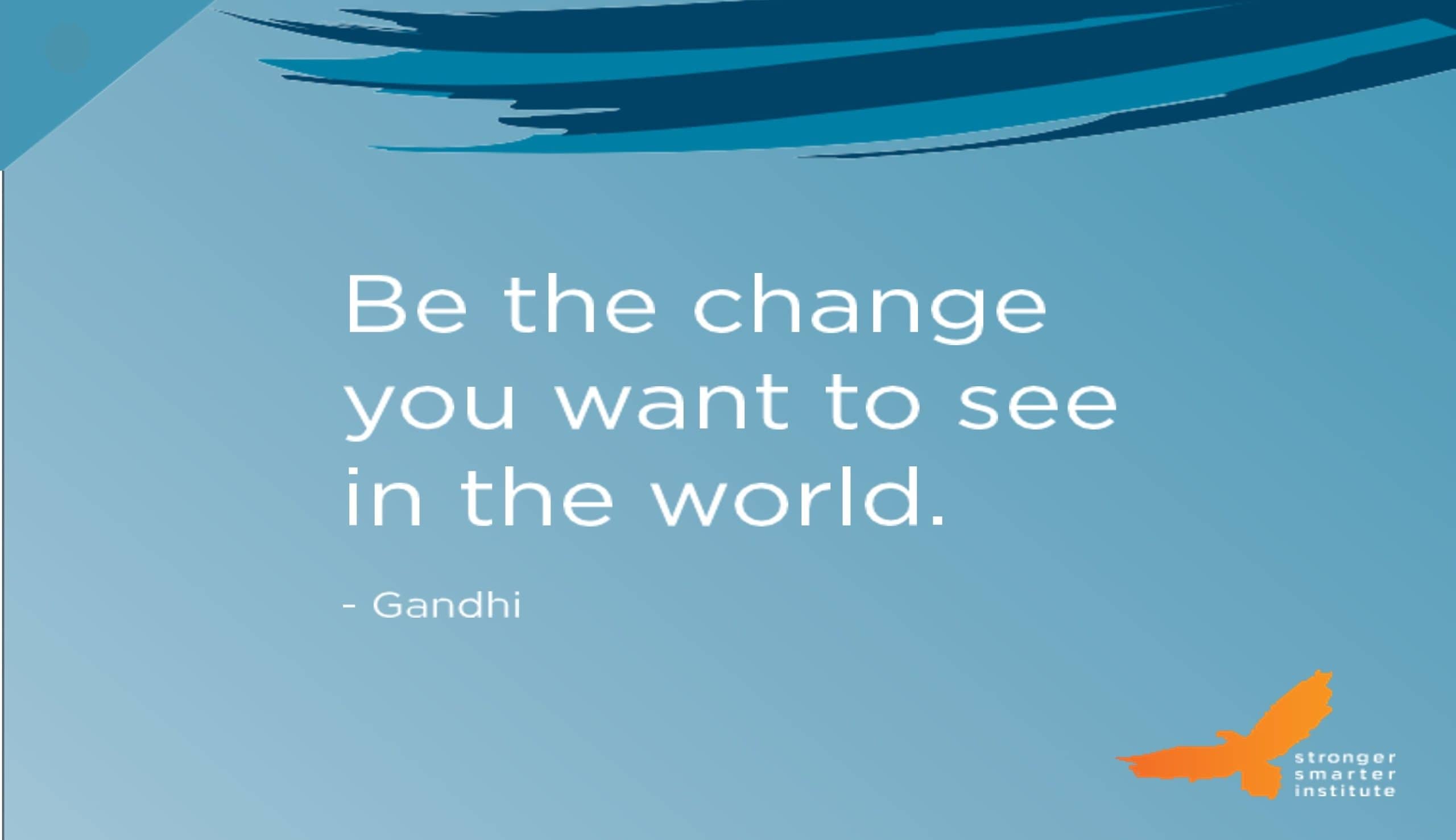16/02/2023
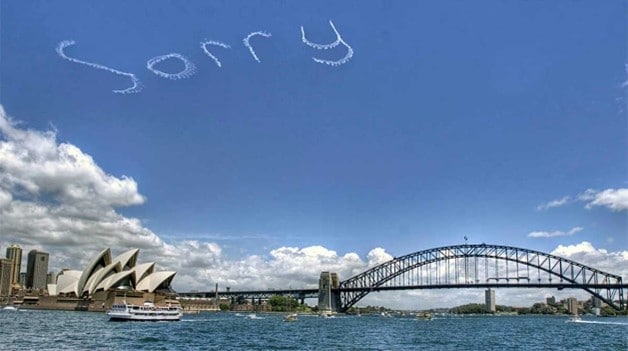
On February 13th, 2008, Kevin Rudd, in an incremental step towards reconciliation, delivered the landmark formal apology Australian Indigenous peoples.
We apologise for the laws and policies of successive Parliaments and governments that have inflicted profound grief, suffering and loss on these our fellow Australians. We apologise especially for the removal of Aboriginal and Torres Strait Islander children from their families, their communities and their country.”
The apology was, at least partly, a response to the 1997 Bringing Them Home report. [1] The report traces a long, complex history of the removal of Indigenous children and clearly acknowledges the “devastation of the lives of Indigenous Australians” (p.4). The report is not easy reading, containing as it does, the firsthand accounts from members of the Stolen Generation.
 The apology was to all whose lives were impacted by the policies and practices of the colonisers: the children kidnapped by early colonisers to become cheap servants, the children removed by governments and missionaries and placed in institutions or adopted by white families, the children placed in dormitories on reserves and the families who lived in fear of their children being taken.
The apology was to all whose lives were impacted by the policies and practices of the colonisers: the children kidnapped by early colonisers to become cheap servants, the children removed by governments and missionaries and placed in institutions or adopted by white families, the children placed in dormitories on reserves and the families who lived in fear of their children being taken.
This map includes many of the institutions, reserves and missions that Stolen Generations children were known or thought to have been forcibly removed to. [2]
Tom Calma, then Aboriginal and Torres Strait Islander Social Justice Commissioner at the Human Rights and Equal Opportunity Commission, responded to the apology describing it as an historic day on which “our leaders – across the political spectrum – have chosen dignity, hope and respect as the guiding principles for the relationship with our first nations’ peoples….whereby Parliament has now laid the foundations for healing to take place and for a reconciled Australia in which everyone belongs”. [3]

Kimberley Stolen Generations Aboriginal Corporation CEO, Ken Riddiford, holding a 1966 letter that he says shows that Native Welfare were preparing to take him from his family.(ABC Kimberley: Ben Collins)
On the 2023 anniversary of Sorry Day the CEO of the Stronger Smarter Institute, Ken Riddiford, shared with staff his personal experience of the policy of removing children. His grandmother heard that the health team were due and was aware of the role these teams played for Queensland’s Protector of Aborigines in 1966. To protect her young grandsons, Ken and his brother, she put them on a mail truck heading several hundred kilometres into the Simpson Desert.
 Some people whose lives were turned upside down used the arts to share their experiences. Well known is the work of Doris Pilkington who shared her mother’s story in the 1996 book Follow the Rabbit Proof Fence. Three girls taken in the 1930s from their families to Moore River(near Perth) escape to make their way, barefoot, 1600 kilometres to their home. Probably more widely known is the film adaptation of the book released in 2002. [4] For those who would like to read more the human rights website provides a list. [5]
Some people whose lives were turned upside down used the arts to share their experiences. Well known is the work of Doris Pilkington who shared her mother’s story in the 1996 book Follow the Rabbit Proof Fence. Three girls taken in the 1930s from their families to Moore River(near Perth) escape to make their way, barefoot, 1600 kilometres to their home. Probably more widely known is the film adaptation of the book released in 2002. [4] For those who would like to read more the human rights website provides a list. [5]
 In 1964 Bob Randall wrote “Brown Skin Baby”. In March 1970, the song came to widespread attention when it was played on the ABC’s documentary series ‘Chequerboard’, in an episode entitled ‘My Brown Skin Baby, They Take’im Way’[6]. This was the first time the Australian media had brought to light the practice of taking Aboriginal children from their families.[7] The national broadcaster in this instance was part of the incremental little steps towards reconciliation.
In 1964 Bob Randall wrote “Brown Skin Baby”. In March 1970, the song came to widespread attention when it was played on the ABC’s documentary series ‘Chequerboard’, in an episode entitled ‘My Brown Skin Baby, They Take’im Way’[6]. This was the first time the Australian media had brought to light the practice of taking Aboriginal children from their families.[7] The national broadcaster in this instance was part of the incremental little steps towards reconciliation.
 More recently Uncle Archie Roach released his moving song seen by some as the anthem of the Stolen Generation. In an interview quoted in the Guardian Uncle Archie says “I’ve sung ‘Took the Children Away’ so many times over the years. It’s become a healing song.”
More recently Uncle Archie Roach released his moving song seen by some as the anthem of the Stolen Generation. In an interview quoted in the Guardian Uncle Archie says “I’ve sung ‘Took the Children Away’ so many times over the years. It’s become a healing song.”
He is also quoted saying: [The stolen generation] “is as much a part of Australia’s history as Captain Cook and Burke and Wills. We still need to own the whole history of this country and be honest and courageous.”[8]
 In 2015 the rapper Adam Briggs performed ‘The Children Came Back’ as a homage…. I wanted Archie to know we stand on his shoulders and others like him.’ [9] Briggs describes the song as celebrating the wins, not the struggles. The wins come from small incremental steps that we can all be part of.
In 2015 the rapper Adam Briggs performed ‘The Children Came Back’ as a homage…. I wanted Archie to know we stand on his shoulders and others like him.’ [9] Briggs describes the song as celebrating the wins, not the struggles. The wins come from small incremental steps that we can all be part of.
Prime Minister, Anthony Albanese, in his Parliamentary speech on 13th February to an audience containing members of the Stolen Generation described the incremental steps that have been taken towards reconciliation and stated that this generation has the opportunity in 2023 to be part of the next step when they cast their vote in the referendum to enshrine an Indigenous Voice in the constitution. [10]
 “True reconciliation between the Australian nation and its indigenous peoples is not achievable in the absence of acknowledgment by the nation of the wrongfulness of the past dispossession, oppression and degradation of the Aboriginal (and Torres Strait Islander) peoples. “ (Bringing Them Home report, p.4)
“True reconciliation between the Australian nation and its indigenous peoples is not achievable in the absence of acknowledgment by the nation of the wrongfulness of the past dispossession, oppression and degradation of the Aboriginal (and Torres Strait Islander) peoples. “ (Bringing Them Home report, p.4)
Footnotes:
[1] https://humanrights.gov.au/sites/default/files/content/pdf/social_justice/bringing_them_home_report.pdf[2] https://healingfoundation.org.au/map-stolen-generations-institutions/
[3] https://humanrights.gov.au/about/news/speeches/response-government-national-apology-stolen-generations
[4] https://www.google.com/search?client=firefox-b-d&q=rabbit proof+fence+full+movie&sa=X&ved=2ahUKEwiFiY3blZT9AhW_xjgGHbOICFEQ1QJ6BQjBARAB&biw=1536&bih=676&dpr=1.25#fpstate=ive&vld=cid:e450a0fd,vid:pBDu_vVBzlI
[5] https://bth.humanrights.gov.au/media/literature
[6] https://aso.gov.au/titles/tv/chequerboard-brown-skin-baby/clip2/
[7] https://aiatsis.gov.au/blog/my-brown-skin-baby
[8] https://www.theguardian.com/music/2020/nov/13/archie-roachs-took-the-children-away-how-one-heartbreaking-song-galvanised-a-nation
[9] Ibid (as above)
[10] https://www.youtube.com/watch?v=9eUoJ-aZTJM
